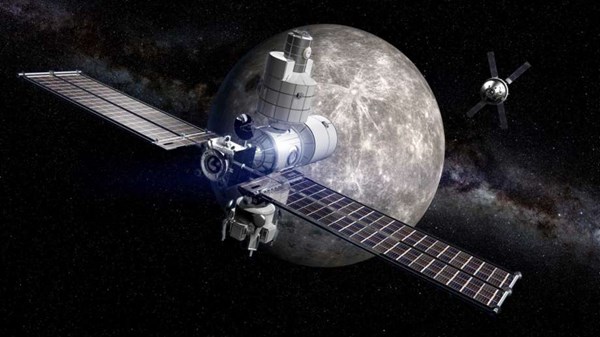Russia scraps its lunar program
Work on the design of a super-heavy spacecraft for the first Russian manned mission to the moon has been stopped.
It was decided to completely stop it at the stage of technical design, which was carried out by the Progress Rocket and Space Center for Russian Space Agency Roscosmos, and was to be completed in October 2021, Progress’ general director Dmitry Baranov told RIA Novosti.
According to him, now Progress Rocket and Space Center together with Roscosmos "work on the program for the creation" of the Yenisei launch vehicle and which was supposed to be designed based on the Soyuz-5 and Soyuz-6 spacecraft developed by Progress.
Initially, the project was planned to use oxygen-kerosene engines RD171MV and RD-180MV. Work was suspended in February and was put on hold until the middle of the year. But even by that time it was not possible to solve technical problems.
Instead of an oxygen-kerosene super-heavy rocket, a super-heavy methane carrier can be created. Six side blocks will be placed around the central one, all with the RD-182 engine (methane engines), and the upper stage will use RD-0169 (methane engine).
According to the source of RIA Novosti, the initiative to switch to methane fuel from kerosene-oxygen is a personal initiative of the Roscosmos head, Dmitry Rogozin.
